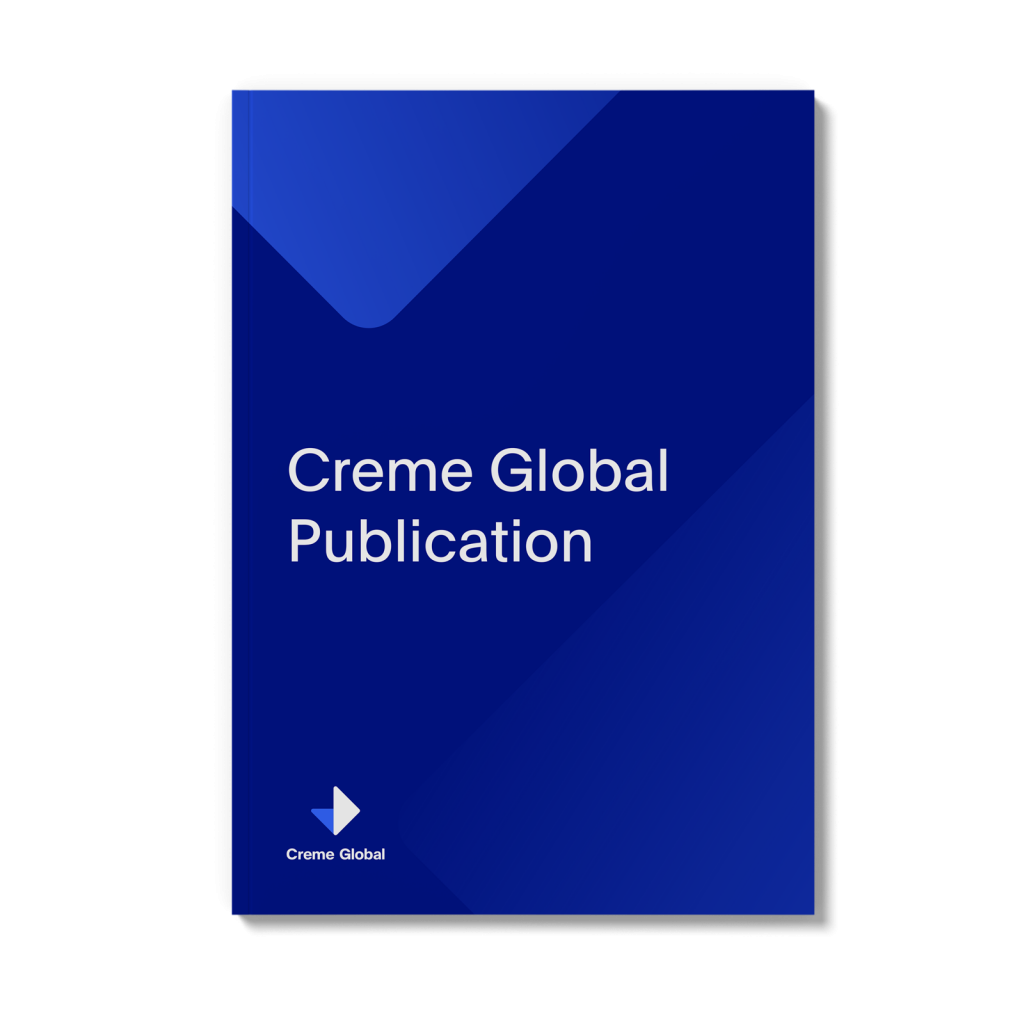Background: Data on dietary intakes in Russian adults and children are assessed very infrequently primarily due to the time, cost, and burden to the participants for assessing dietary patterns. To overcome some of those challenges, the use of web-based 24-hour recall methods can be successfully used.
Objective: The study objective is to assess the extent of agreement between a self-administered and an interviewer-administered 24-hour dietary recall in Russian adults and school-aged children using an adaptation of a web-based 24-hour recall tool.
Methods: This web-based dietary assessment tool is based on a previously validated tool, which has been adapted to the Russian diet and language. A randomized 50% (n=97) of 194 participants initially completed a self-administered web-based dietary recall, followed by an interviewer-administered 24-hour dietary recall later that same day, and vice versa for the other 50% (n=97) of participants. Following at least 1 week wash-out period, during visit 2, participant groups completed the 2 dietary recalls in the opposite order. Statistical analysis was carried out on the intake results from both methods for the 2 recalls. Finally, an evaluation questionnaire on ease-of-use of the tool was also completed.
Results: In total, intakes of 28 nutrients and energy were analyzed in this study. The Bland-Altman analysis showed that between 98.4% and 90.5% of data points were within the limits of agreement among all age groups and nutrients analyzed. A “moderate to excellent” reliability between the 2 methods was observed in younger children. In older children, a “moderate to good” reliability was observed, with the exception of sodium. In adults, “moderate to excellent” reliability between both methods was observed with the exception of vitamins B1, B2, and B6, and pantothenic acid. The level of agreement between the categorization of estimates into thirds of the intake distribution for the average of the 2 days was satisfactory, since the percentages of participants categorized into the same tertile of intake were ˃50%, and the percentages of participants categorized into the opposite tertile of intake were <10%. The majority of respondents were very positive in their evaluation of the web-based dietary assessment tool.
Conclusions: Overall, the web-based dietary assessment tool performs well when compared with a face-to-face, interviewer-administered 24-hour dietary recall and provides comparable estimates of energy and nutrient intakes in Russian adults and children.
Pigat S, Soshina M, Berezhnaya Y, Kryzhanovskaya E
JMIR Form Res 2023;7:e41774
16/08/2023
Download Publication >>>
Web-Based 24-Hour Dietary Recall Tool for Russian Adults and School-Aged Children: Validation Study

Authors: Pigat S, Soshina M, Berezhnaya Y, Kryzhanovskaya E